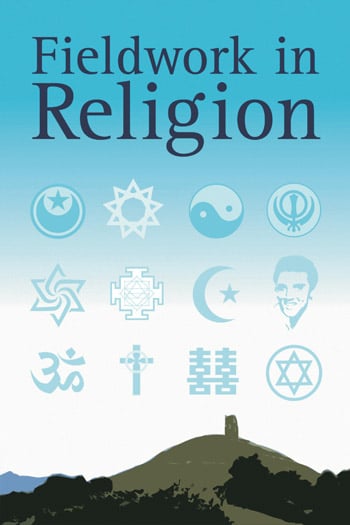Exploring the Diversity of Religion
The Geo-political Dimensions of Fieldwork and Identity in the North East of India
DOI:
https://doi.org/10.1558/firn.v4i1.46Keywords:
Fieldwork, Heraka, Identity, Naga, North East India, ReligionAbstract
This article considers the importance of “religion” and “identity” in the process of fieldwork in the North Cachar Hills, Assam, India. The political sensitivities in the region provided a difficult context in which to do fieldwork. This is chiefly because of the various armed insurrections, which have arisen as a consequence of the complicated remnants of British colonialism (1834–1947), and the subsequent post-independence challenge of nation building in India. This article raises important methodological questions concerning fieldwork and the relational grounding of the fieldworker relative to the inside/outside positions. It reflects on these issues by discussing the Heraka, a Zeme Naga religious movement. Their ambiguity and “in-between” character accommodates both the “neo-Hindu” version of a nation or Hindutva (Hinduness) and the larger Naga (primarily Christian) assertion of their own cultural and religious autonomy. The Heraka provides an alternative route into ideas of nationhood, religious belonging and cultural identity.

